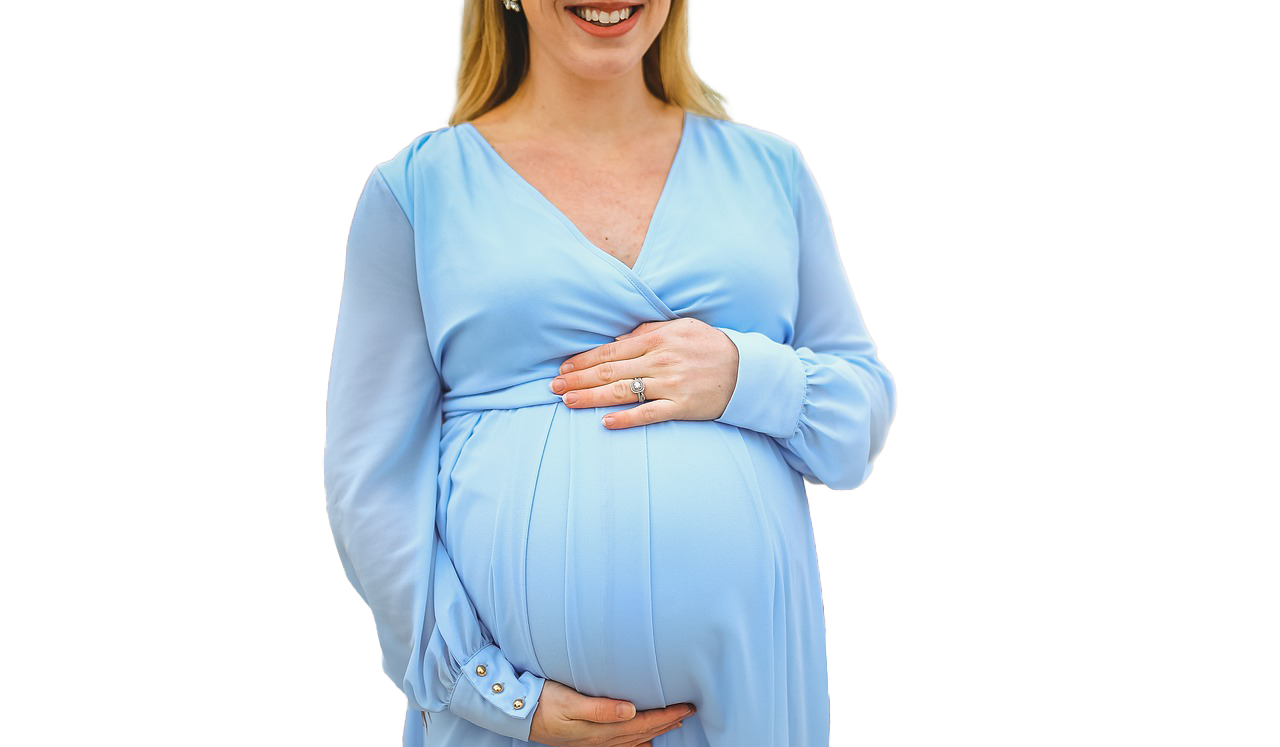Why To Have Non-invasive Prenatal Testing (NIPT)?
Down syndrome is a genetic disorder caused by the presence of all or part of a third copy of chromosome 21. It reduces developmental delays, mild to moderate intellectual disability, and characteristic physical features. In Brazil, about 300,000 people are estimated to have this syndrome. Down syndrome cannot be prevented or treated. Pregnant mothers can assess their fetus’ risk of it through VANGENES Non-invasive Prenatal Testing (NIPT) to provide a more complete plan for their child’s future.
For the health of your baby, choose to test.
Check Details About NIPT
VANGENES Non-invasive Prenatal Testing (NIPT)
During pregnancy, the mother's blood will contain a small amount of fetal cell-free DNA. Non-invasive fetal chromosomal screening (NIPT) uses advanced technology to analyze the levels of these cell-free DNA to evaluate whether the fetus has Down syndrome or other diseases. The risk of chromosomal problems, including Edwards syndrome, Patau syndrome, sex chromosome-related disorders and post-microdeletion syndromes, is more accurate and comprehensive than traditional Down syndrome screening.
Features
Fast and Safe
Available earliest from 12 weeks of pregnancy. Report within 7 days.
Convenient and Non-invasive
Just need 10ml venous blood. Do NOT need amniocentesis.
Accurate
The detection rate for abnormal chromosomes is greater than 99.99%
When to have VANGENES Prenatal Fetal Chromosome Testing?
- Singleton Fetus: After reaching 10 weeks of pregnancy
- Twins or Reduction Fetus: After reaching 12 weeks of pregnancy
- Triplet Fetus: After reaching 14 weeks of pregnancy
- Artificially Inseminated Fetus: Suitable for fetuses conceived through artificial insemination.
VANGENES NIPT Test Plan
Basic Plan
To detect 3 types of common chromosome aneuploidies in fetuses:
Trisomy 21, Trisomy 18, Trisomy 13
Plus Plan
Contains all detection items in VANGENES NIPT Basic, and has:
To detect 4 types of sex chromosome aneuploidies in fetuses : Turner Syndrome
(X0), Klinefelter Syndrome (XXY), Superfemale Syndrome (XXX), Supermale Syndrome (XYY)
To detect 6 types of microdeletion syndromes larger than 3Mb and located at
specific-syndrome-related chromosomal segments: 1p36 deletion Syndrome, DiGeorge Syndrome, Wolf-Hirschhorn Syndrome, Cri du Chat Syndrome, Angelman Syndrome, Prader-Willi Syndrome
To detect 87 types of microdeletion and microduplication syndromes larger than 10Mb: Smith-Magenis Syndrome, 16p13.3 microduplication Syndrome, 1p32-p31 deletion Syndrome, Alagille Syndrome, Langer-Giedion Syndrome etc.
Applicable Groups For NIPT
All pregnant women can choose to have Vangenes NIPT if she wants to know the risk of Down Syndrome for her baby. In many countries, this test has become a routine test during pregnancy.
Conteúdo recolhível
We particularly recommend this test to the following people:
- Pregnant women aged 35 or above
- Pregnant women who are found with high-risk
at serological screening - Pregnant women who have habitual abortion or
will have in vitro fertilization etc. - Pregnant women under 35 years old but have missed
serological screening timing - Pregnant women with family or pregnancy history
of child with chromosomal aneuploidy - Pregnant women who are not suitable or not willing
to undergo invasive prenatal diagnosis process such
as amniocentesis or cord blood puncture etc.






 Contate-nos
Contate-nos